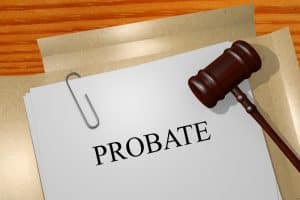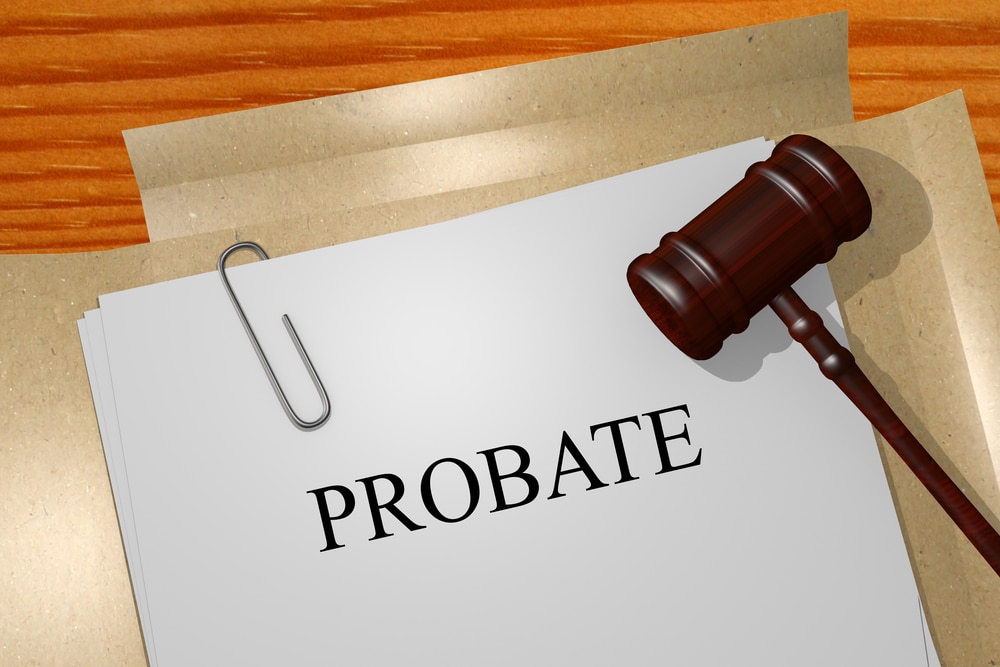Probate and Estate Attorneys Ocean County and Monmouth Counties, NJ
Advising Clients in towns throughout Ocean County and Monmouth County towns such as Toms River, Brick, Sea Girt, Wall, Spring Lake and across the Jersey Shore
When a person dies, their debts must be paid and their assets will be distributed to the people designated in their will, or to their next of kin. The term for this process and proceeding is called probate. Probate occurs in the county in which the deceased person lived prior to their death. Depending upon the number of assets or conflicting beneficiaries, the probate process can be simple or complex. Regardless of the complexity, each probate process begins with a trip to the county surrogate’s office.
The County Surrogate

What is an Executor/Administrator and do I need one?
When a person dies leaving a will, the will specifies who will be the executor of their estate. The executor is the person that has been designated by the estate to have the legal authority to act on behalf of the estate. The legal authority to act as the executor is established through the probate process. This authority allows the executor to pay debts, sell property, distribute assets in accordance with the will, and pay taxes.
In the event that a person dies without leaving a will, the surrogate has the authority to appoint one. Even if there is no will naming an executor or the named executor is no longer available or able to serve, the surrogate will appoint an administrator who has the same authority as an executor. The surrogate will issue a certificate to the chosen person, designating him or her as the executor. This certificate serves as notice to others that the administrator has the legal authority to act on behalf of the estate.
In most cases, there are at least some assets that need to be distributed to one or more other people and/or debts that need to be handled. In these cases, an executor is necessary because without one, assets cannot be transferred and the person’s intentions under a will cannot be carried out. The executor will notify all beneficiaries and next of kin of the individual’s passing and of the process of executing the will. Any person can contest the Will after the estate is opened, through probate and the appointed executor.
What assets and debts are commonly transferred through probate?
Probating a will serves as notice to the public that a person has passed. This notice allows debtors to collect any amounts due and allows beneficiaries to obtain property as designated in the will. As such, the executor or administrator is tasked with locating all of the decedent’s assets and determining what debts must be paid.
- Some of the more common assets passed through probate are as follows:
• Homes
• Bank accounts
• Cars
• Life insurance policies
• Stocks
• Bonds
• Jewelry
• Household items
• Family heirlooms
- In addition to assets, the deceased may have debts. These debts can include:
• Mortgages
• Loans
• Car loans
• Funeral expenses
• Utility bills
• Taxes (estate and income taxes)
Non-probate assets

Contact a Qualified Local Probate Lawyer
Probate can be complicated and feel overwhelming to the executor or next of kin. Our offices conveniently located Brick and Sea Girt, allow us to service clients across all of Eastern New Jersey can streamline the process and guide executors when handling an estate.
If you are in need of legal representation, our probate attorneys encourage you to retain the services of an experienced and well-skilled attorney at Bronzino Law Firm. With the advice of experienced counsel, you will be constantly receiving the information about the moves on your process and the legal counsel to have your case properly handled.
To get in touch with our firm today in a confidential and comprehensive assessment of your case, please fill out the online form or through our Brick or Sea Girt offices at (732) 812-3102.







